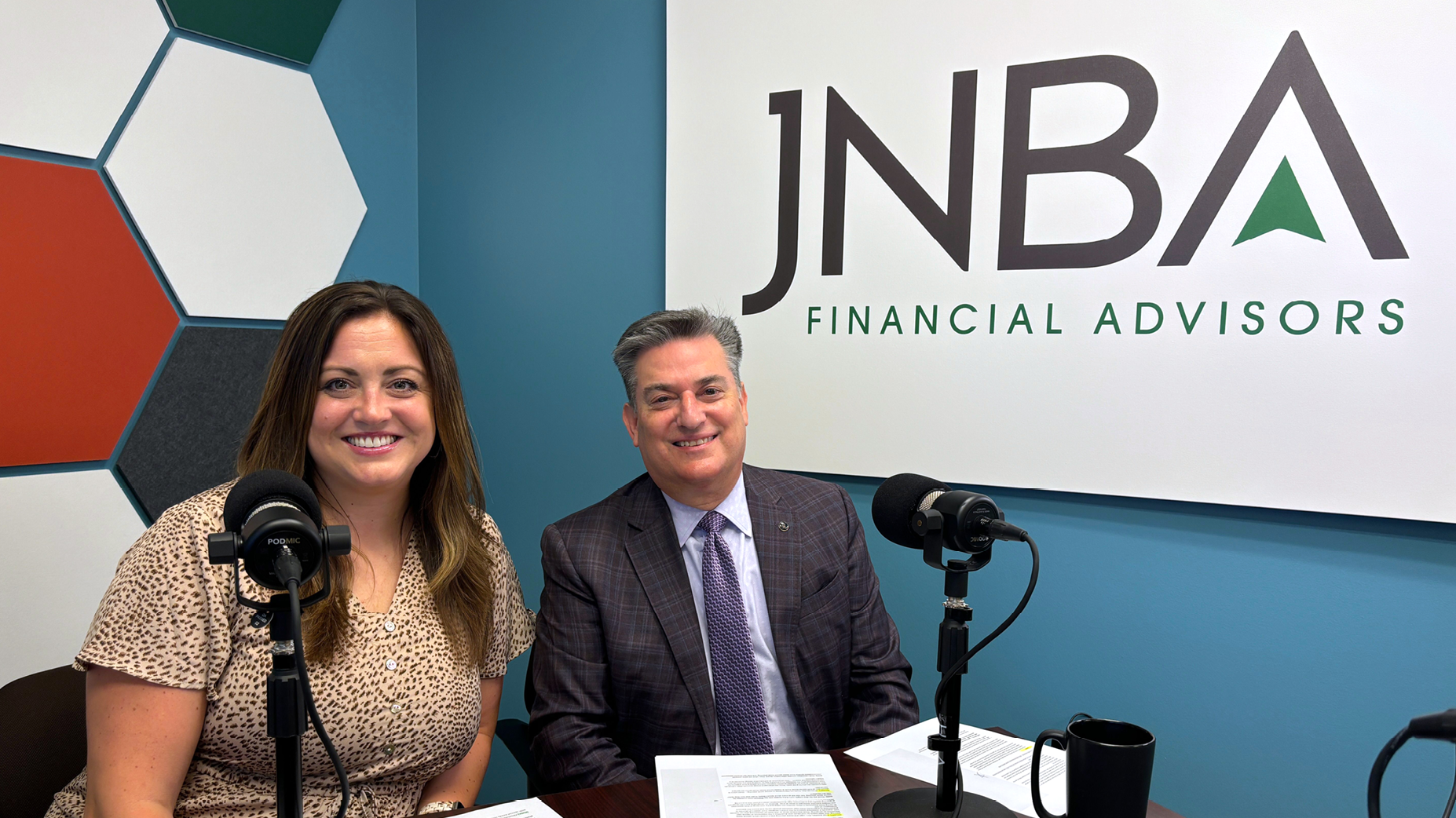A concern for many retirees is the uncertainty regarding your future health and the costs associated with care. Living longer is correlated with an increased risk of illness and injury that may limit your independence as you age, and many individuals will eventually need assistance in the form of long-term care.
In this short video, JNBA Advisor & Advisory Services Manager Elise Huston and Advisor Noel Silker talk about a growing concern for many retirees: long-term care.
What is long-term care?
Long-term care has many forms but generally refers to the services and support needed if you or a loved one are unable to perform activities of daily living such as eating, bathing, dressing, transferring from one place to another, and using the bathroom on your own. Care can be provided at home, in the community, or in a facility.
Who needs long-term care?
It is impossible to know whether or not you will need long-term care. However, research shows that about half of those currently at age 65 will need long-term care at some point in their lives. Certainly, as you age the more likely you are to need care, but there are also other considerations:
- Women are more likely, on average, to need long-term care due to longer life expectancy.
- Those living alone are generally at higher risk than those who are married or single and living with a partner.
- Chronic health conditions or a family history of such conditions also increase likelihood of needing long-term care.
- Poor diet and lack of exercise increase the risk of needing care as well.
How much does long-term care cost?
The cost of long-term care can be significant but can also vary greatly depending on where you live and what services are required. According to Genworth, in 2020, the annual median cost of an assisted living facility in the United States was $51,600, and the annual median cost of a private nursing home room was $105,850. That being said, concern is not just for the current price of care but also on what future prices may be. Currently these costs are inflating at annual rates of about 6% for assisted living costs and 3.5% for nursing home costs.
Do you need long-term care insurance?
One way to pay for the potential expense of long-term care is to purchase an insurance policy designed to cover the costs of long-term-care services. These insurance policies reimburse policyholders a daily amount based on the services needed and where they are rendered. But just because long-term care insurance is an option does not necessarily mean it is appropriate. Simply put, having too little or too much money may mean long-term-care insurance is either too expensive or simply not needed. Another consideration is that long-term-care insurance will need to be purchased prior to needing it. The cost of the insurance policy increases as you age, and you may not qualify after you have been diagnosed with chronic or life-threatening health conditions.
Planning for the future has never been easy, but the most important step is starting the conversation. Reach out to your JNBA Advisory Team if you are interested in discussing how long-term care may impact your goals and how you might plan accordingly.
JNBA is not an insurance agent and no portion of the above should be construed as insurance advice. All insurance issues should be addressed with the insurance professional of your choosing. JNBA nor its employees sell insurance products.
Due to various factors, including changing market conditions and/or applicable laws, the content may no longer be reflective of current opinions or positions. Moreover, you should not assume that any discussion or information contained in this blog serves as the receipt of, or as a substitute for, personalized investment advice from JNBA Financial Advisors, LLC.
Please see important disclosure information at www.jnba.com/disclosure



